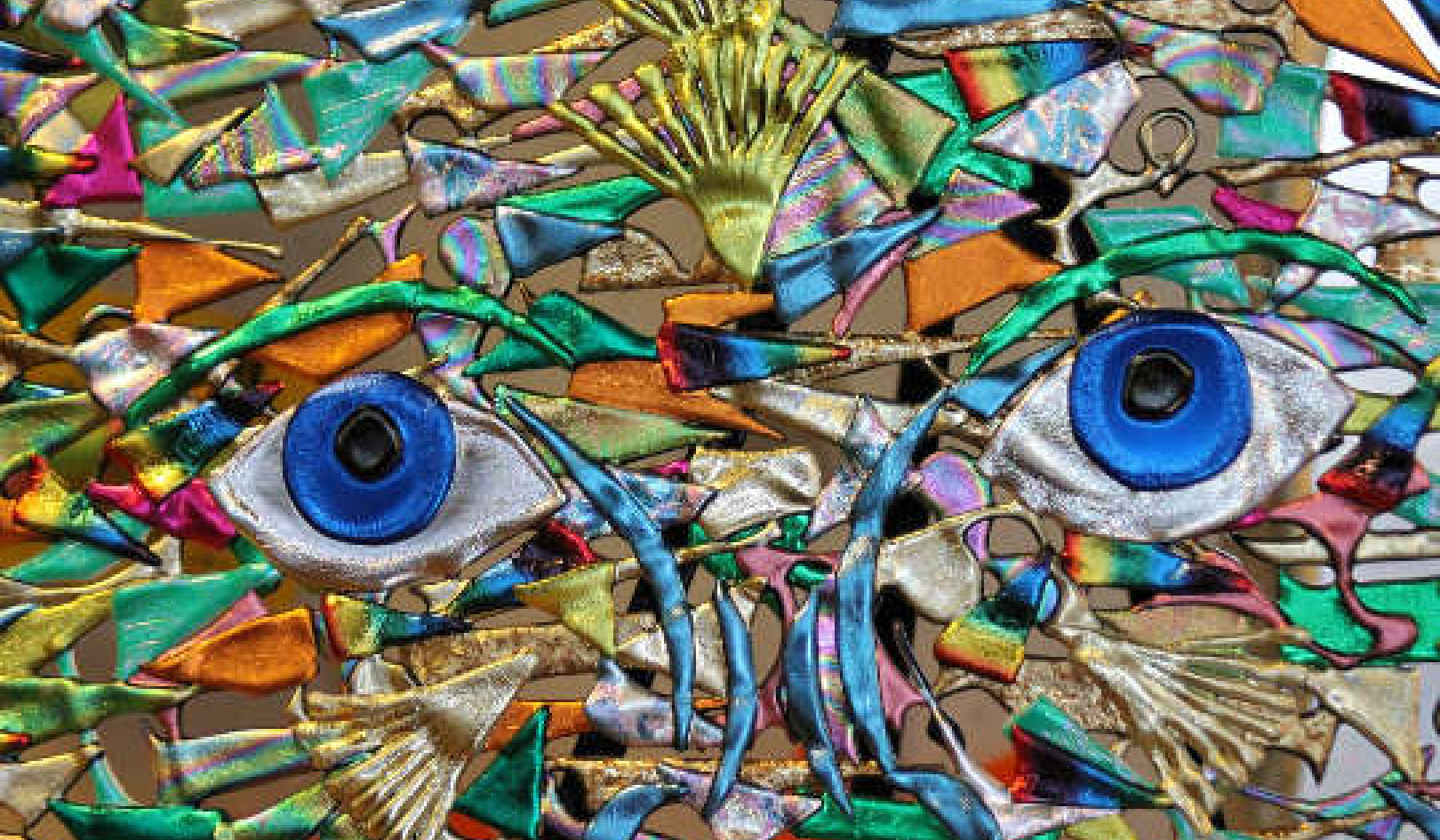
Almost three decades ago, in his book The Culture of Narcissism, the iconoclastic American thinker Christopher Lasch wrote that in postwar America emerged a certain type of being, which in clinical terms falls under the category of “narcissistic personality disorder”, a pathology characterised by carelessness and an excessive need for admiration and attention.
Lasch identified manifestations of this disorder in various aspects of social life, and especially in the world of celebrity. Now celebrities have invaded the political sphere, the entire political world is becoming dominated by people who lack “common decency”, who resort to a faux populism in order to serve their thirst for publicity. Donald Trump is one of the saddest reflections of this corrosive culture.
From the day he joined the race for the Republican nomination, Trump used the same modus operandi: attracting public attention. Just as Lasch wrote, the narcissistic logic Trump applies to politics is embedded in the same “enterprise culture” with which he is so closely identified. As a successful entrepreneur, Trump not only acquired the skill of promoting his brand but turned himself into a commodity, using all available techniques to put himself at the centre of as many endless discussions as possible.
Trump has been constantly violating the taboos of political correctness, in particular those around sexism and racism. This is a winning strategy on two fronts: not only has he seized the spotlight, he has simultaneously made himself the bête noire of the left, the centre, and the moderate right. Combined with a constant barrage of attacks from the mainstream press, this formed the image of a grand liberal-centrist anti-Trump alliance. Their outrage, only amplified by the reaction to the executive order on refugees, allows Trump to present himself as his supporters’ only hope against the establishment.
This is a truly disturbing phenomenon. But if we’re to break out of the narcissistic cycle and solve the problems of which Trump is a symptom, we need to talk and think about it in the right way.
Think bigger
There is more than one wrong way. Many thinkers and commentators often talk about Trump in terms of “fascism”, or identify “proto-fascist” phenomena in his attitude. This is an appealing analysis, but that doesn’t mean it’s an astute one – or particularly original.
Ever since France’s Charles de Gaulle declared a state of emergency in the first days of the Algerian War, the Euro-American left has been on alert for any such move, which its leading voices almost invariably consider a sign of a shift towards fascist totalitarianism. As Lasch put it: “Liberals’ obsession with fascism … leads them to see ‘fascist tendencies’ or ‘proto-fascism’ in all opinions unsympathetic to liberalism, just as the far-right detects ‘creeping socialism’ in liberalism itself.”
Yes, many of Trump’s policies are utterly inhumane, but that in itself doesn’t imply a “fascist shift”. True fascist totalitarianism is a very specific state of affairs; as the political theorist Hannah Arendt described it, it requires the total destruction of any barrier between the public and the private realms. As things stand, this is not yet afoot in the Western world.
The sight of people amassing at airports to protest the executive order, many waving placards bearing Trump’s name, is paradoxically exactly what a narcissist craves. Worse still, the dissent emanating from leading Democrats and celebrities robs these protests of some of their grassroots edge, turning them into what Lasch presciently called the “revolt of the elites”.
It all flatters Trump’s message that the protesters care not a bit for the hardships of ordinary Americans. It also makes him a model for thousands of his fans; as he himself chases the spotlight, they compete with each other for public attention. His extreme egocentricity poisons the public sphere; norms of common decency and sense are replaced by a mob mentality of mutual recriminations and insults. This atmosphere not only safeguards Trump’s power, but more importantly, may contribute to the emergence of a similarly toxic demagogue in the future.
So the narcissist’s trap is set, and those campaigning against Trump need to get out of it. So long as they make their ultimate goal the downfall of Trump’s presidency, they will never break his hold on the public imagination. What the US and the rest of the world need is an open public dialogue aimed at solving any number of critical problems, such as migration, unemployment, and mass “uprootedness” – the sense of disconnection that writer Simone Weil identified as an incubator of authoritarianism and demagoguery.
Without facing these problems head on for what they are, critics will end up trapped in a close orbit around Trump himself – mired in toxic discussions that feed political phobias and cultural antipathies.
![]()
About The Author
Michail Theodosiadis, PhD Candidate and Academic Mentor, Goldsmiths, University of London
This article was originally published on The Conversation. Read the original article.
Related Books:
The Narcissist Next Door: Understanding the Monster in Your Family, in Your Office, in Your Bed-in Your World
by Jeffrey Kluger
In this provocative book, bestselling author and science writer Jeffrey Kluger explores the fascinating world of narcissism, from the everyday to the extreme. He offers insight into the narcissistic personality and how to deal with the narcissists in our lives. ISBN-10: 1594633918
Click for more info or to order
The Covert Passive-Aggressive Narcissist: Recognizing the Traits and Finding Healing After Hidden Emotional and Psychological Abuse
by Debbie Mirza
In this insightful book, psychotherapist and author Debbie Mirza delves into the world of covert narcissism, a hidden form of emotional and psychological abuse. She offers practical strategies for recognizing the traits of covert narcissism and finding healing from its effects. ISBN-10: 1521937639
Click for more info or to order
The Narcissistic Family: Diagnosis and Treatment
by Stephanie Donaldson-Pressman and Robert M. Pressman
In this seminal work, family therapists Stephanie Donaldson-Pressman and Robert M. Pressman explore the dynamics of the narcissistic family, a dysfunctional system that perpetuates narcissism across generations. They offer practical advice for diagnosing and treating the effects of narcissism in families. ISBN-10: 0787908703
Click for more info or to order
The Wizard of Oz and Other Narcissists: Coping with the One-Way Relationship in Work, Love, and Family
by Eleanor Payson
In this enlightening book, psychotherapist Eleanor Payson explores the world of narcissism in relationships, from the everyday to the extreme. She offers practical strategies for coping with the one-way relationship and finding healing from its effects. ISBN-10: 0972072837























